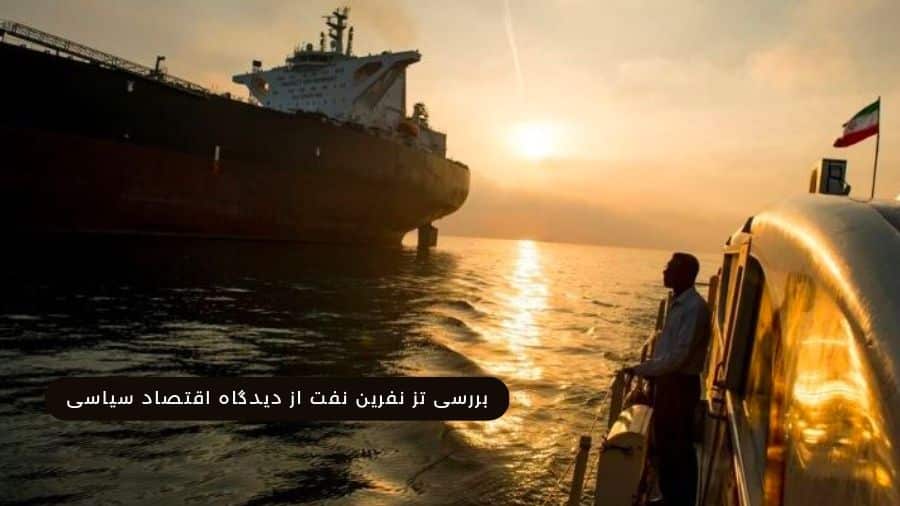Abstract
The oil curse theory emphasizes that the damages that oil has imposed on oil-owning nations are more than its benefits. This study engages the oil curse theory to examine historical planning and organization issues around oil in Iran in political perspective with a focus on the history of oil revenues in the country. The methods used to conduct this study include: objective hermeneutics, discourse analysis, meta-analysis, and narrative analysis. The simultaneous inflow of oil revenues into Iran coincided with the phenomenon of modern state-building by the Pahlavi government, which implemented dictatorial Western development practices without understanding their various dimensions or setting appropriate conditions for progress, growth, and efficiency. In the Islamic Republic, oil revenues were viewed in the form of distribution and charity, so that the speed of oil consumption and the distribution of rents were linked in their increases. The Plan Organization, as the developmental architect of the country, warned of the serious dangers of unregulated spending of oil revenues. This paper argues that, rather than being a simple gift or curse, in the absence of a democratic government, oil revenues are powerful tools that, if not contextually understood, may lead to social degredation and bankruptcy instead of development and progress.


